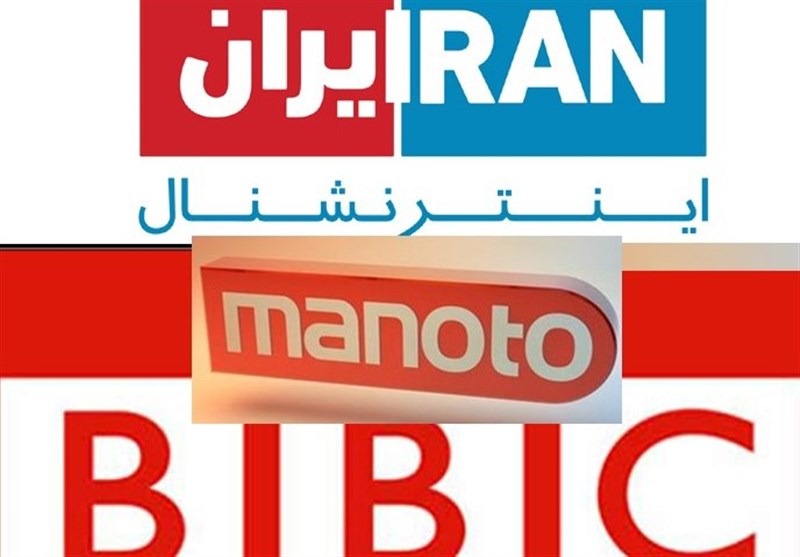Dr Masoud Kowsari, in an interview with the website of the Strategic Council on Foreign Relations, stated that the Coronavirus is not only a health issue and related to people’s safety, but also related to the livelihood and economy of the society. Daily wages, workers and small economic activities are being seriously damaged. Besides, people are vulnerable to the current media that targets them and are exposed to fragmentation.
The director of the Department of Social Communication Sciences at the University of Tehran said that these conditions should be taken very seriously. Therefore, half a year may be lost, and these issues can cause severe economic and psychological damage to society.
Kowsari continued: “The theory used by the Western media in this situation is based on the ‘cultivation theory’.” In fact, the repetition of some content, the gradual informing of the people about incompetence and inefficiency of the Iranian health and administrative system and the news bombardment in this field and the use of biased data sent from within which apparently when put together they can shape the audience’s mental image, assume importance in this theory.
He added: “In no media, Iran’s strengths in the medical network have been highlighted appropriately.” In foreign media or domestic social networks, unfortunately, the only news that is published in the death of a doctor or other members of the medical staff or the shortcomings of the Iranian health system, but the honest and constructive capabilities of Iranian doctors and nurses are not portrayed to show how good they are in their jobs.
Kowsari also said that the government’s news policy should be changed and that claiming that everything is under control is not an appropriate policy and would spark criticisms in the world, adding: “We should adopt a more realistic policy in news dissemination and the interviews given by the president and Ministry of Health spokespersons. We should not pretend that we are in safe hands by manipulating the truth about the disease.
Concerning the biased media schemes targeting the public beliefs and portraying an inefficient image of the government and a faulty popular culture, he said: “Iranians may occasionally show disobedience to the government rules and programs in the public sphere, but in terms of health and hygiene they live a good life. This applies in both nutrition and family life, which can be highlighted in these circumstances, or what ways the Iranian family has found to take care of them.
He continued: “It has been shown that Italy is much more irregular in these cases, and the reason for its extensive spread is the general disorder in their domestic family life.” The same is true in Spain. These positive points should be highlighted. The positive points of hospitals and nurses and their self-sacrifice must be stated. These should not be in the form of government manoeuvres but should be unofficially distributed in the form of clips that can ease the atmosphere and show the Iranian way of dealing with this issue.










0 Comments